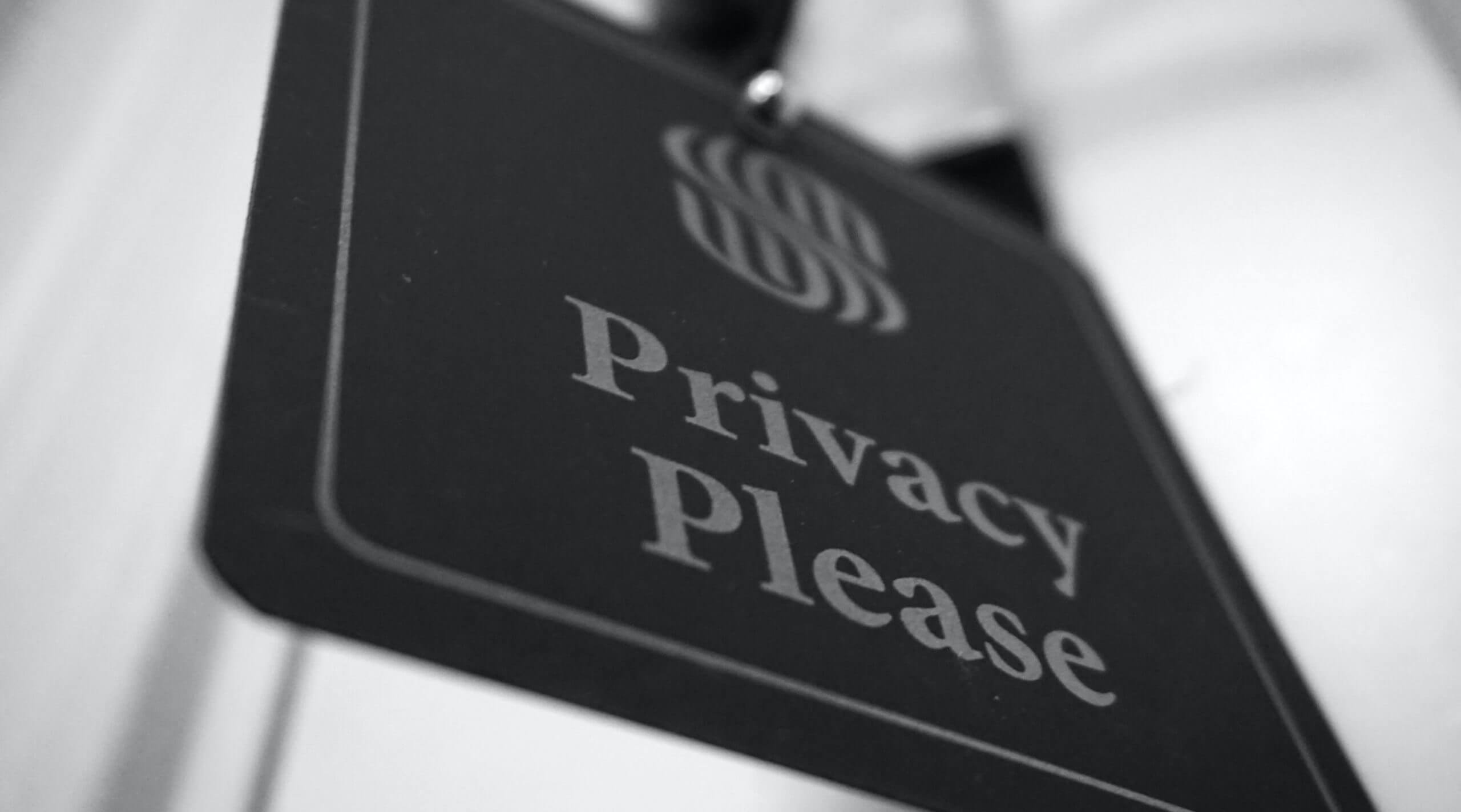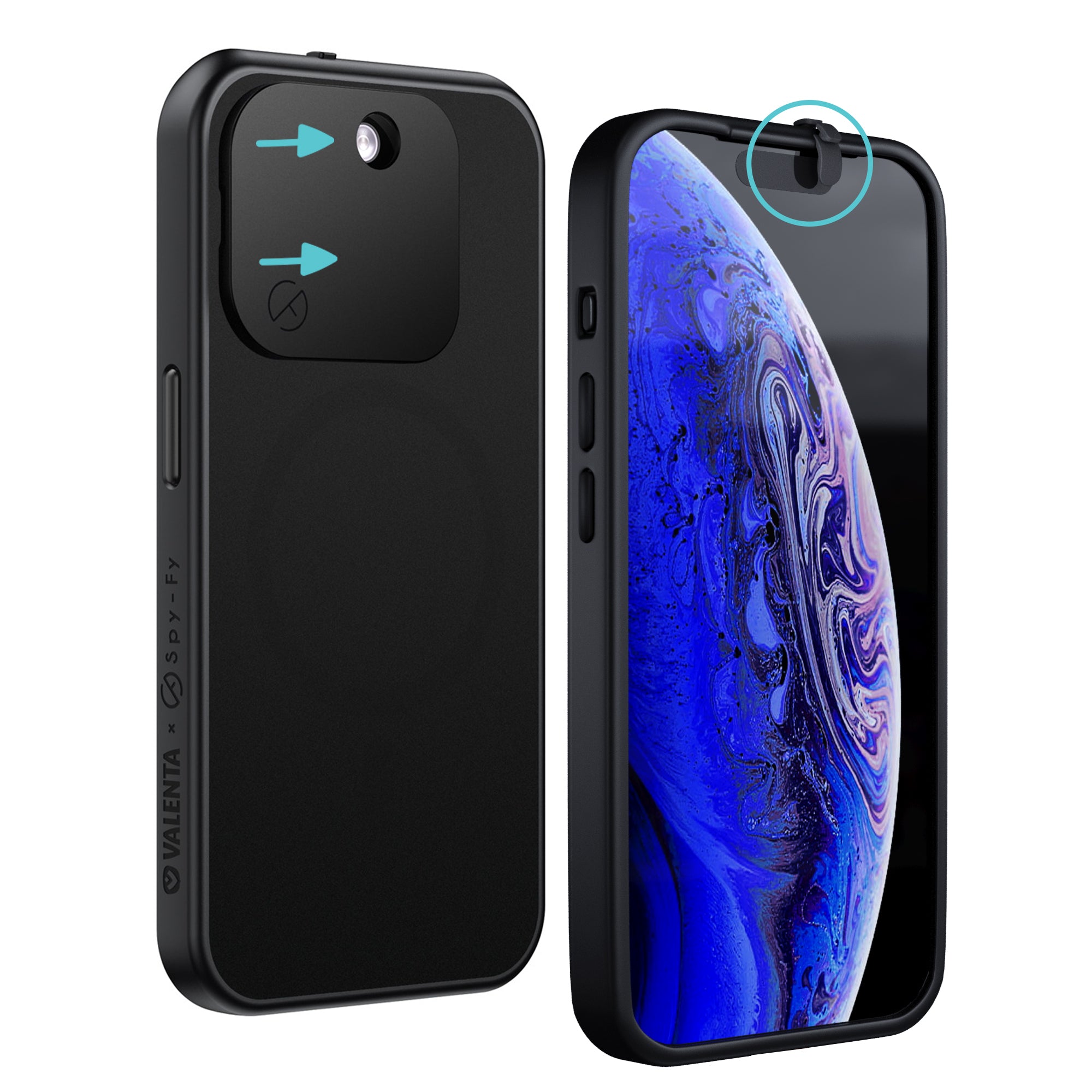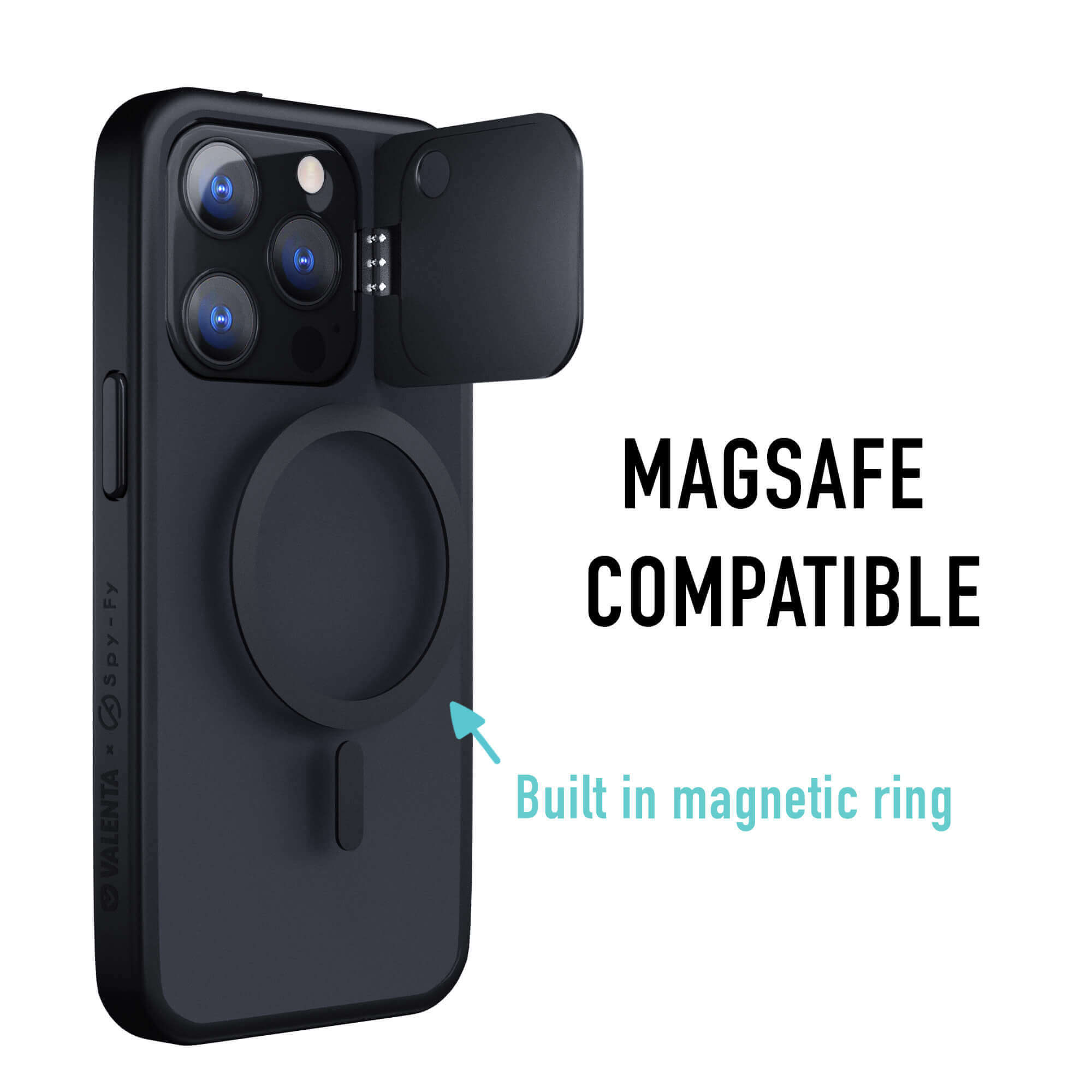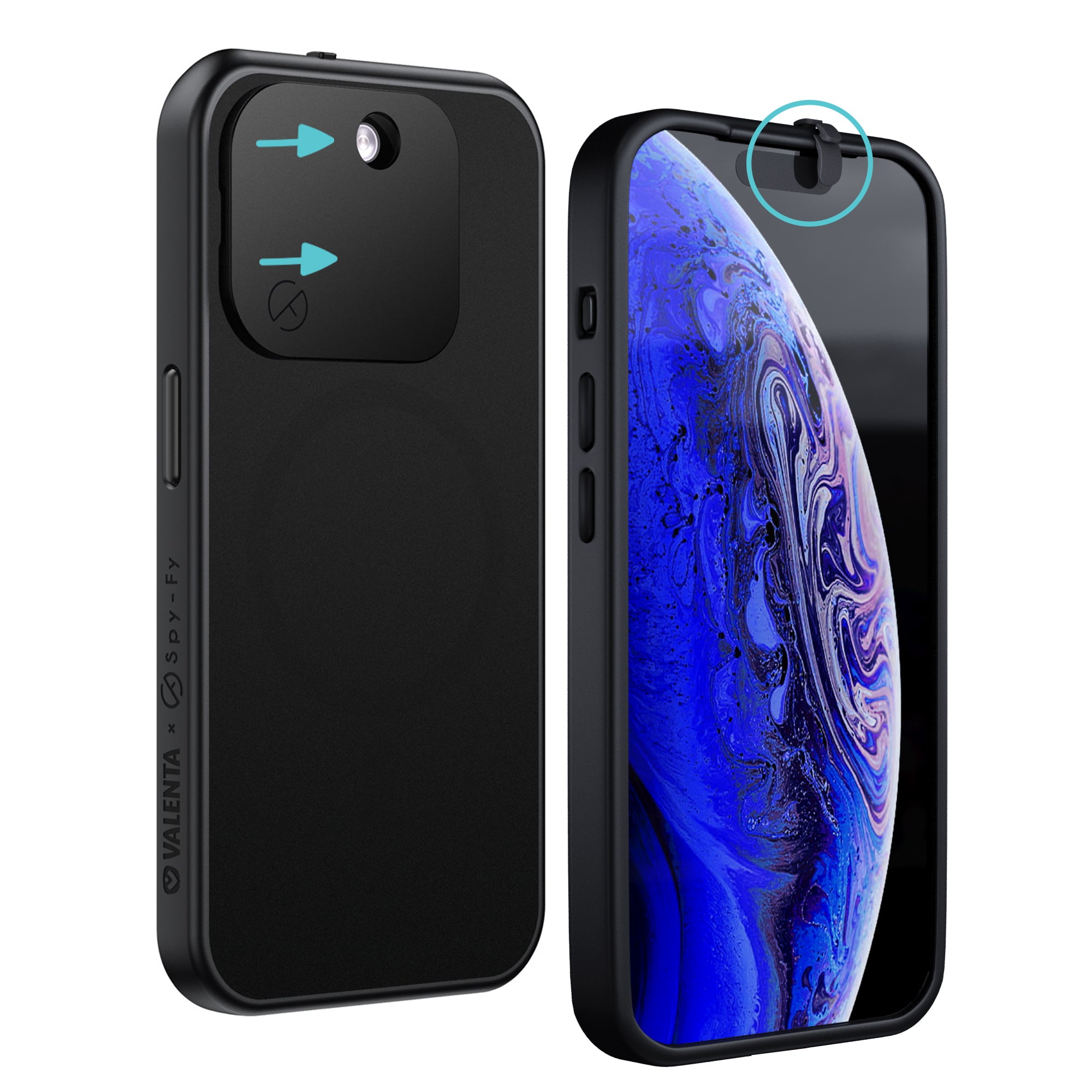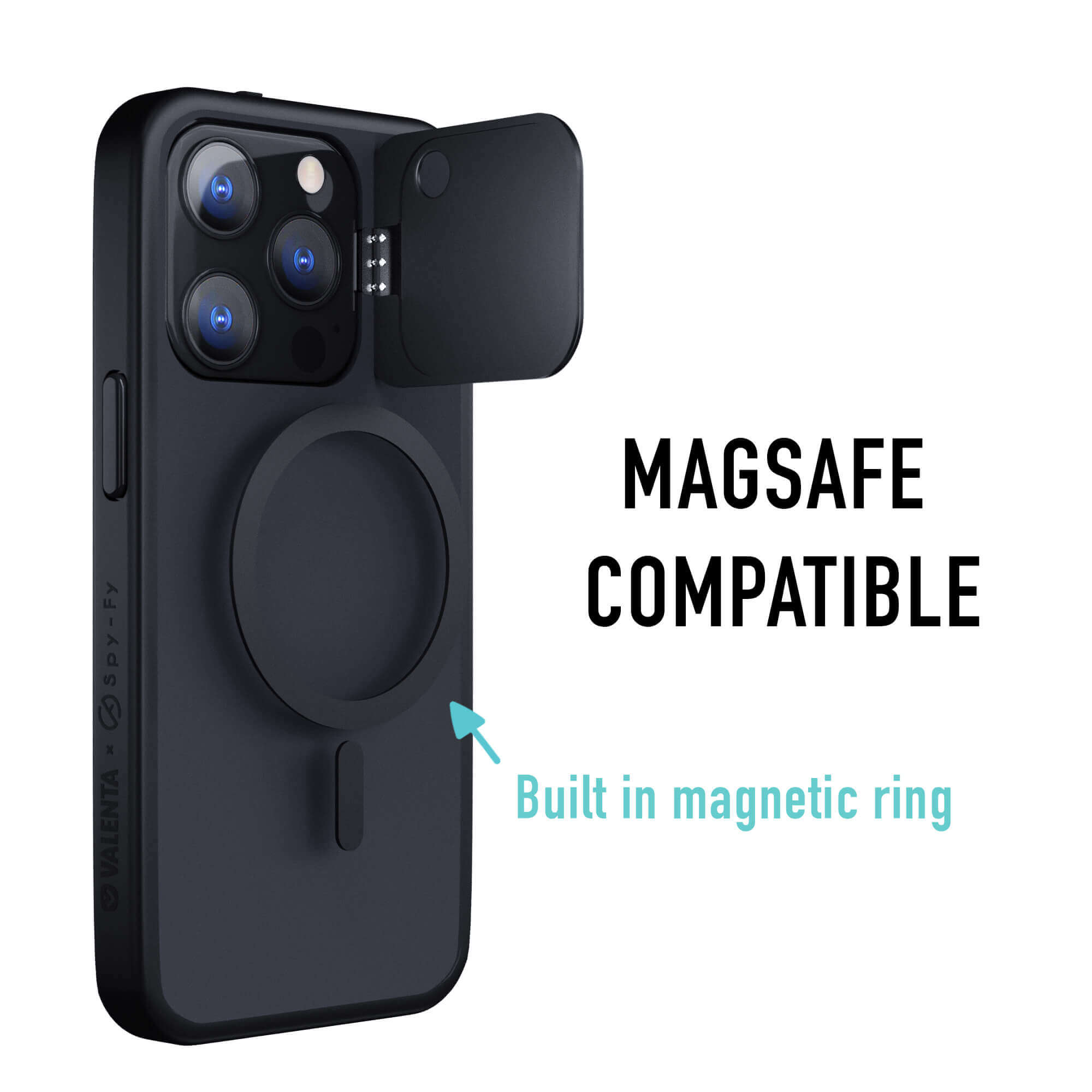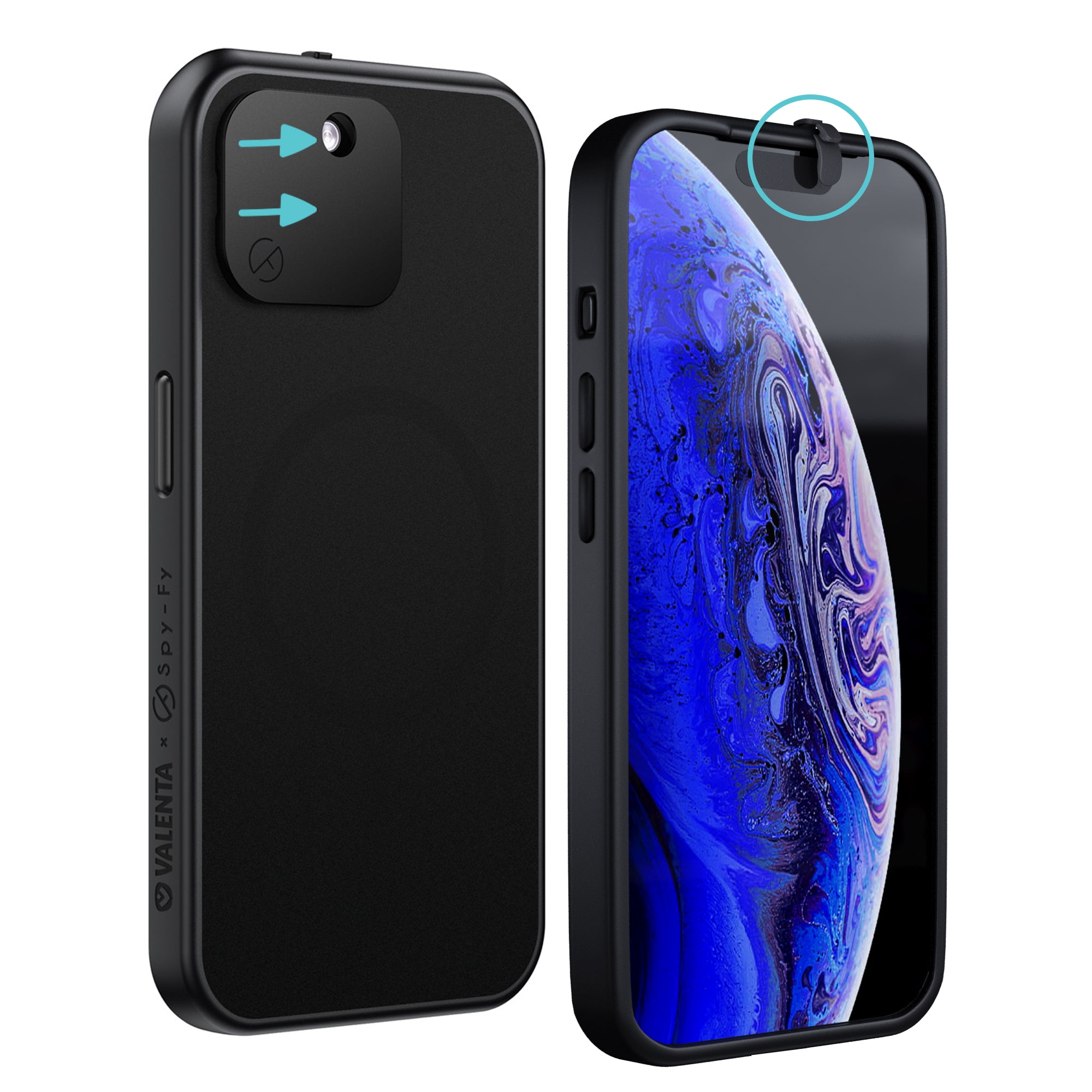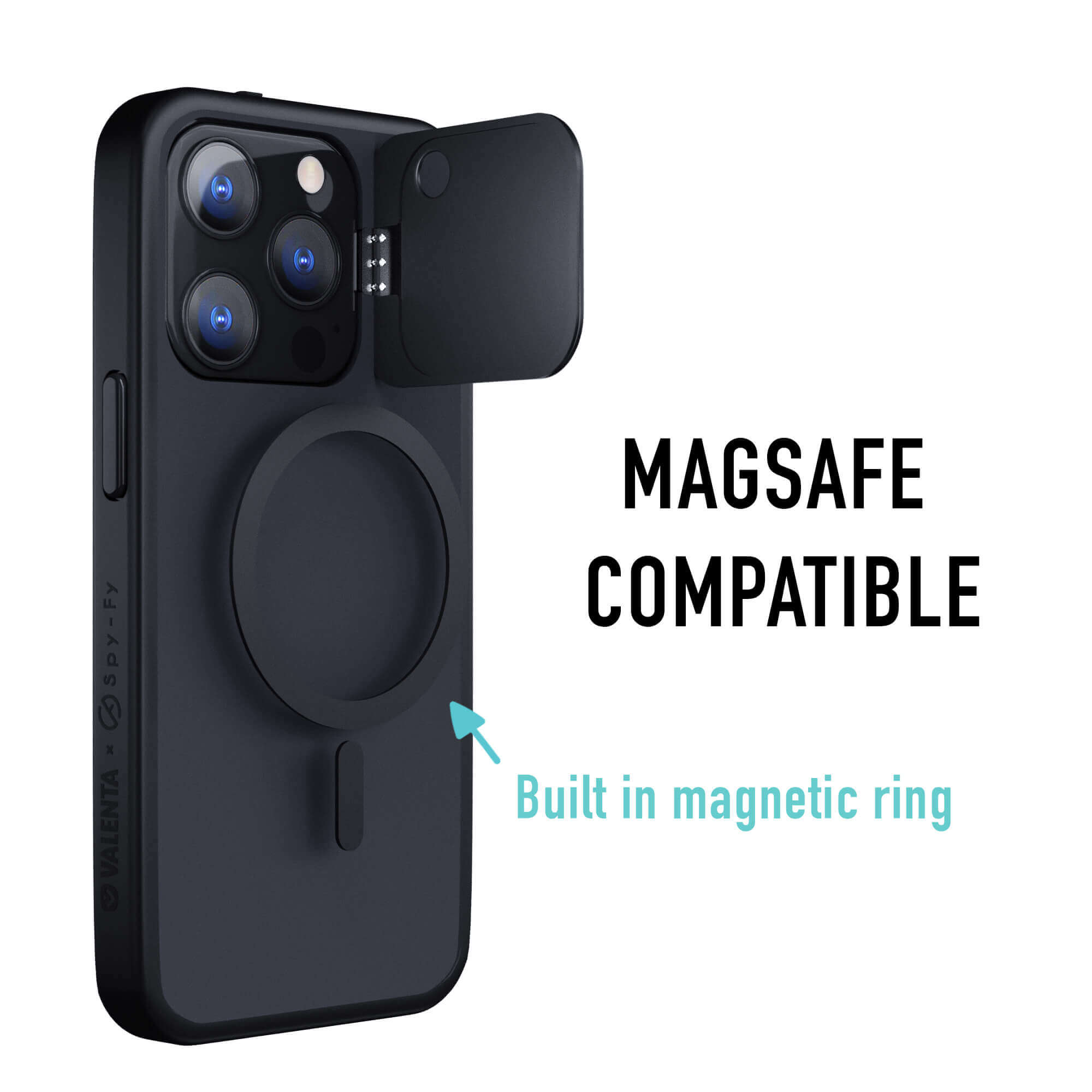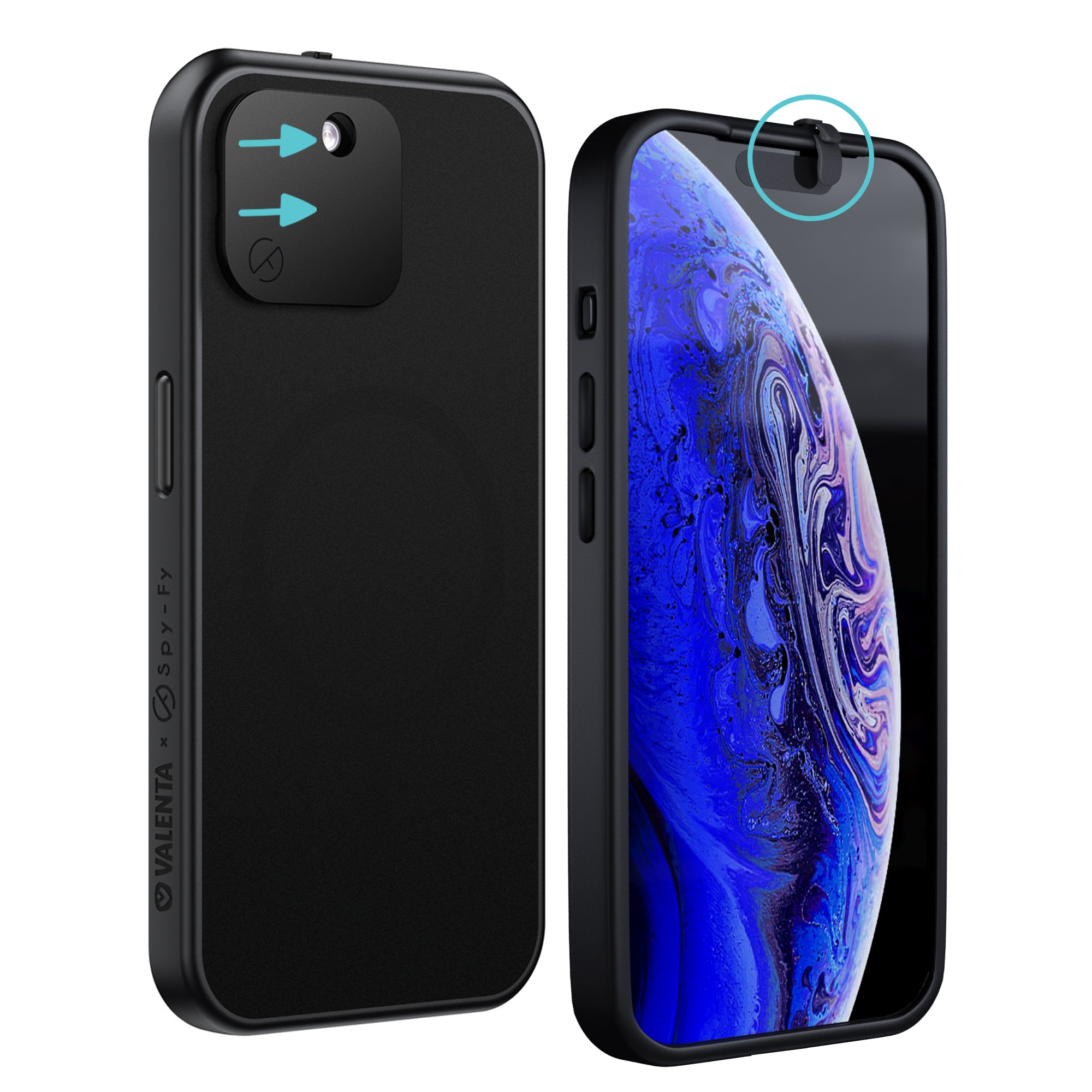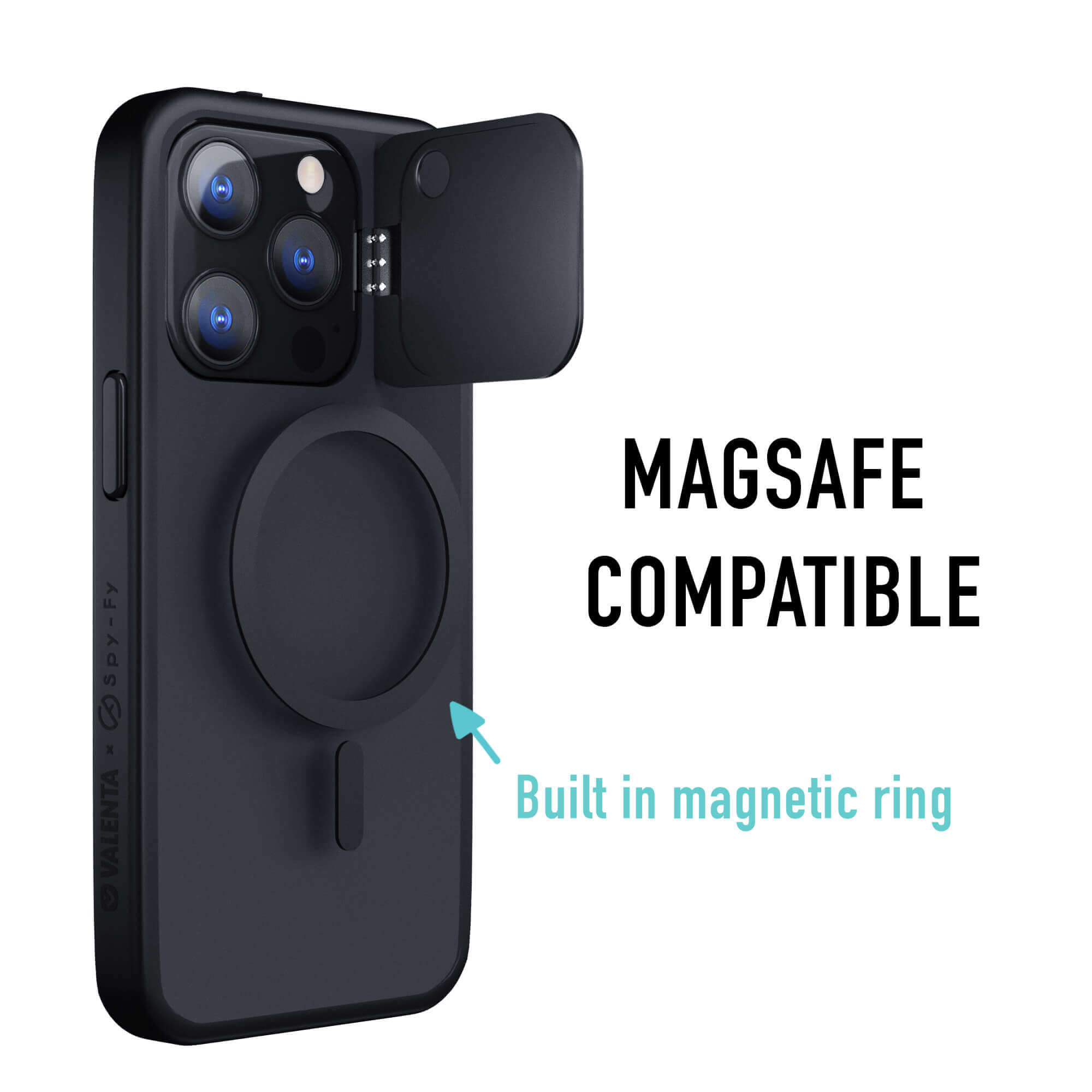The past couple of years our societies have been shaken up by the COVID-19 pandemic. Fargoing influences on our social life and interactions all round were the result. Although in many places the most limiting restrictions have been lifted, some changes seem to be more permanent. Working from home and meeting through video-conferencing tools like Zoom or Google Meets have become a normality, without too many people questioning what consequences this has to our privacy.
By spending more time online, we naturally generate more data. The more data a person generates, the more prone it is to be tracked, monitored or analyzed. The tracking of data is a valuable source for companies and institutions. There is a widespread consensus that data privacy is becoming more and more important in a world that is evermore reliant on data collecting machines.
No. 1: Use a VPN
VPN stands for “virtual private network”. While it may sound as a complicated concept, VPNs are actually pretty easy to use and are beneficial for a number of reasons. It masks the IP address of your device in order to protect privacy. If you´re using a VPN, the information that is gathered by your device is encrypted and routed through secure networks. These networks take your data to servers that are hundreds of miles away from your location. Because of this, a VPN is able to hide your online identity and provides you with heightened online security. When you are making use of public WiFi spots or travel through different countries, using a VPN might be especially useful. Other groups that benefit from a VPN are gamers and streamers.
No. 2: Cover the camera on your device
One of the most logical ways to secure data privacy is to take awty the opportunity to gather data. Almost all laptops, tablets and smartphones have some sort of camera. These cameras are one of the most fruitful sources for criminals to collect data with. A cybercriminal could potentially gain access to your webcam and record the sights and sounds in your environment. Many webcams have some sort of mechanism to indicate whether the camera is running or not. Oftentimes this is a LED light, but these are very easy to hack. Even though the LED light next to your camera is off, people could still access your webcam without your notice. The material that is collected can be used for a range of purposes, like blackmailing or identity theft. The cyberthreat of an exposed webcam can have a very real-life impact on whoever it affects. Therefore, measures have to be taken to protect privacy. Covering your webcams takes away this threat. Your online security increases the moment you cover your webcams on all your laptops, tablets and phones. Adequate and secure webcam covers for both laptops and mobile devices can be bought through this webshop.
No. 3: Use antivirus software
A third option to protect your privacy online is by installing antivirus software. This is a data security software that aims to protect your devices from viruses, spyware, malare, Trojans, spam attacks or any other cyber threat. These kinds of attacks increasingly direct their evil intentions to unsuspecting individuals. If your device falls victim to a cyber attack it will be severely hindered in its performance. An attack takes up a lot of memory, performs malicious actions without your notice, crashes applications and gives many more problems. Antivirus software looks for cyber security threats and will alert you if there is anything suspicious going on. The software protects your privacy online, which means that you don’t have to worry about people trying to forcibly access your device or data.
No. 4: Manage your cookies, invaders of privacy
Cookies are an essential part of your online presence. Essentially they are text files that contain information. This information is saved in a folder at most of the websites you visit. While cookies in and of itself don’t carry a lot of risk with them, it is more the usage of these cookies that comes with its problems. The sites you visit store cookies, which basically means that the site remembers your name and preferences. This includes things like IP addresses and passwords. Recent studies show that more than 80% of the most visited websites sell this information to third parties. Also, some websites actually track you across various other websites for analytical competition purposes. Because of these reasons, your data privacy and online security increases when you timely delete cookies in your web browser. Most browsers make it relatively straightforward to view and delete cookies. The process will vary from browser to browser but generally, cookies are deleted through the settings of the browser. Search for the privacy or security section. The next step is to view the cookies stored by the browsers and then choose which cookies you want to delete. It’s as simple as that.
No. 5: Be wary of suspicious links and websites
The last one might be obvious for some, but it is still important to point out. Your e-mail address is a piece of information which is retrieved and shared rather quickly by online parties. This could result in a myriad of emails in your inbox, some of them telling you that you’ve won something or that you have to open a certain message. These can be quite sophisticated, portraying as if the email comes from your bank or another institution. When you click on these links, however, the mechanism behind it immediately takes the information from your device. Although some emails might look trustworthy at first, you should be certain about the person sending you the email. Antivirus software will not protect you from such instances. If you´re not certain, it’s probably better to delete the email. Even if the message it tries to send you is so tempting. Online security starts with yourself. Being informed about the ways of cybercriminals is necessary to protect privacy. An informed person can reflect on the legitimacy of everything you find on the internet, filtering out the people with malicious intentions.


